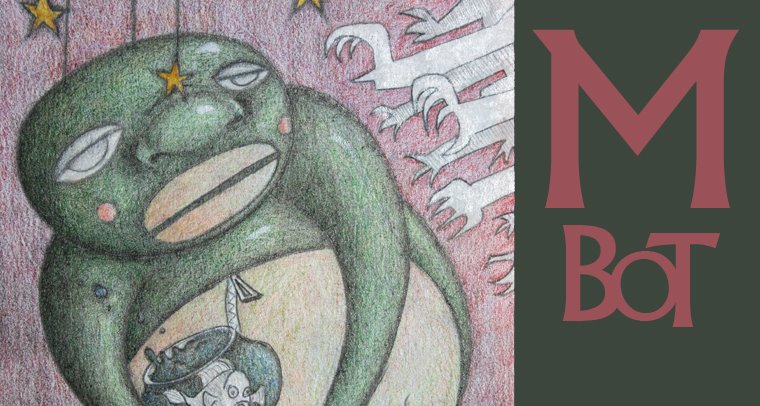Here in the quarantine world, amid a pandemic and racist public policy and the general malaise of a capitalist society, there is a strange increase in the amount of time.
Well, sort of. I also have a 20 month old child, a fulltime, job, a family, a small garden, a body to nourish and exercise, and society to fix and many years of incomplete education to undo.
Anyways, with this time, I've been doing a lot of reading. Mostly things about race and racism, since this is the prevalent issue of our time. Some scientific things, given the pandemic and all. But one thing I've been getting into is history.
I am reading Lies My Teacher Told Me and it is BLOWING. MY. MIND. A lot of the basic premise I've picked up over the years - our "heroes" are mostly white men, those who have succeeded in the country they built for themselves, washed clean of any blemishes or criticisms, absent of most women, people of color, and other marginalized groups. History is written by those in power to support the narrative that keeps them in power. All that. This book interrogates high school history books for all that is left out, all the context not included, the nuance, and challenges us to ask questions of what we read - who wrote this? What was their point of view? Who was their audience? Where do they fit into our social structure? What do other authors have to say about this same topic? Does this match with my own experience with this particular issue?
One of the things that struck me to today was a section about Helen Keller. Turns out that in addition to her being a heralded for becoming educated despite being blind and deaf, she was a staunch SOCIALIST. As she was looking for ways to help the blind community, she realized that the majority of blind people are from poorer, lower class communities - that disparities in safety at work, access to healthcare, etc., made people from these communities more likely to experience blindness. One's social status was predictive of their life experience. We never hear much about this (or anything, really) because that messes with the clean narrative of her as a survivor, spelling "water" with her hands. But what about the rest of her life? Interestingly, the moment that sticks with me is one that describes a march she did with suffragists. The march, which took place over a short distance, took six hours to complete, because counter protesters were there heckling and harassing. In fact, Helen Keller was so exhausted and disheartened during it, that she cancelled her speech. This harassment of the protesters actually resulted in some public outcry that helped garner more support for the right of women to vote.
But my favorite part is that Helen Keller was too exhausted and disheartened to give her speech, and cancelled. This doesn't seem particularly "heroic," right? Aren't heroes supposed to power through adversity? Aren't we supposed to overlook our own needs for the needs of others? But no. She was tired. Overwhelmed. Probably angry and sad and scared and frustrated. And she cancelled the speech. And life went on.
I think the reason so many of us excuse ourselves for our inaction is that our "heroes" are touted as being perfect. They don't get lazy. They don't cancel obligations. They don't get tired or lonely or pissed. Or if they do, it's very righteous. And so we say, "well, I wish I could do something about society. But I'm just me. And what we need is a real leader, someone who has been specifically gifted for this moment." And that's kind of crap. Our "heroes" were regular people. With lots of flaws. Real flaws. I like the musical "Hamilton" because it highlights strengths and weaknesses, devotion to a partner, infidelity, idealism, hubris. It's all there, just like it is in all of us. And in me.
I get kind of caught up in my flaws and foibles. The big one being "Melanie got into a great doctoral program, won a fellowship to pay for it all. And then...crashed and burned." I dropped out after barely two quarters. There's a lot of context to this, of course - anxiety and depression brought on by working fulltime, family issues, the end and beginning of romantic relationships, people pleasing, racial angst, imposter syndrome. But what I cling to is the last part, the big failure part - the imposter syndrome that came true. I had a big opportunity and I failed, because I just couldn't hang.
And Helen Keller's small moment of quitting something because it was too much in the moment gives me a little hope. Maybe I'm not done. Maybe I'm not defined by my failures. Or maybe I am, and that definition is one of perseverance and strength. Maybe I can be a hero, too.

No comments:
Post a Comment